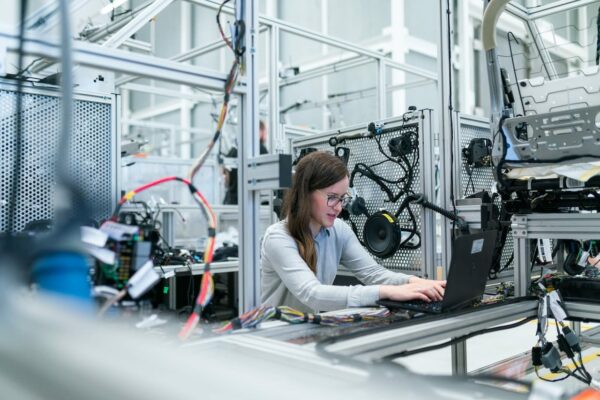What Does the G7 Summit Mean for Your Business?
Have you been wondering what the recent G7 summit means for your business? There’s certainly been plenty of media attention, but how can a three-day meeting between world leaders impact the average business manager in real terms?
We’ve taken a look at the main points covered during the G7 summit, which took place in Cornwall back in June, to get the lowdown on everything you need to know.
Worldwide COVID vaccination programme
The G7 leaders have agreed to provide one billion doses of COVID vaccines to developing countries over the following twelve months. This is backed up by a commitment to reduce the vaccine development process down to just 100 days in total. They also plan to introduce new initiatives to prepare for future pandemics, limiting the prospects of future global lockdowns.
Tightening up on tax havens
There’s been a huge outcry about the way multinational organisations have managed to dodge their tax responsibilities. As this is something that’s had a knock-on effect on other smaller businesses, it’s good news that the G7 summit addressed this problem. There’s a new minimum 15% rate for corporate tax, with new measures set to prevent companies from diverting their profits to low tax countries.
Brexit
Joe Biden wouldn’t allow the US to be drawn into discussions about Brexit. But Boris Johnson and leaders from EU countries pledged their commitment to continue with discussions about Northern Ireland in a post-Brexit landscape. Border talks are ongoing.
Climate change
Climate change proved to be the hot topic at the G7 summit, with world leaders devoting an entire day to the subject. Boris Johnson, Joe Biden and the other delegates agreed to increase the amount of money given to help developing countries cut their carbon emissions.
All G7 countries are committed to net zero carbon emissions by 2050, but other milestones have been set along the way. By 2030 the aim is to have halved total emissions from all G7 countries combined. And by the same year it’s hoped that 30% of oceans and land will be protected and / or conserved.
Rules have been agreed that will oblige businesses to start revealing their exposure to climate change risks. It’s clear these are not just highbrow concepts and it’s bound to take some time for these regulations to become legally binding. But it makes good business sense to start considering the environmental impact of your business model right now.
Think about streamlining your delivery strategy, especially if you need to get spare parts to field engineers. Consider our In Boot and In Night distribution services. Less traffic at night means less pollution, which is good for your business and good for the planet too!
As we face the implications of climate change, every business has a part to play in tackling the environmental challenges that lie ahead. GenRev’s smart delivery solutions help you reduce your impact on our planet.
Improve your environmental strategy with GenRev. Contact us to find out more about the benefits of our In Boot and In Night services.



